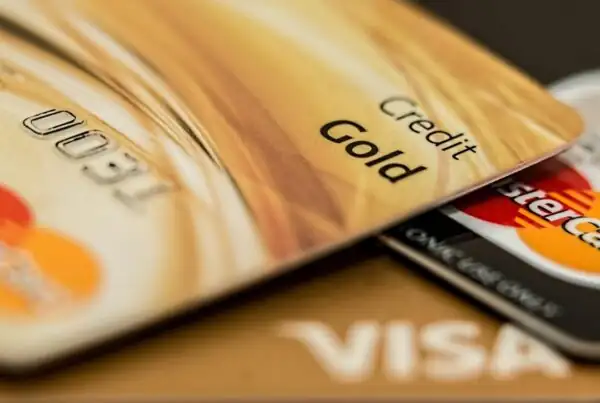With a new Penguin update from Google on its way, should webmasters be preparing for even more website destruction, or a relief from the hammering effects of previous Penguins? Countless websites were hit with the first few Penguin updates, meaning they had to spend an enormous amount of time recoding, carrying out link audits, and recovering their SERPs. Specifically, companies have had to remove or disavow every link on their website that could be interpreted by Google as being part of a link scheme.
However, the benefits for those who have worked so hard to fix the problems Penguin created have not yet surfaced. The reasoning behind this is that Penguin is an algorithm and not incorporated into the normal and ongoing search engine results. A “complete rerun” of the algorithm is needed, according to Google’s John Mueller. It is expected that once that rerun is launched, websites that have replaced their spam links with authority links and have sanitised their backlink profile will be rewarded with a lift in SERPs
Unfortunately, for those who have not gone through the tedious, painstaking task of scrubbing their website clean, the new update will attack their site even further. The last update was successful in detecting “spammy” links, meaning that this new update will aim to detect all the bad links that escaped its predecessor. This means that websites that have not tried to recover, will be pushed down even further on SERPs.
At the San Francisco SES in 2012 Matt Cutts said: “You don’t want the next Penguin update, the engineers have been working hard. […] The updates are going to be jarring and jolting for a while.” He also commented on fellow Googler Barry Schwartz’s blog post: “…expect that the next few Penguin updates will take longer, incorporate additional signals, and as a result will have more noticeable impact. It’s not the case that people should just expect data refreshes for Penguin…” Both of these comments lead webmasters to believe that nothing beneficial will come out of the next penguin update, and they should prepare to be hit again by another harsh issue of Penguin.
Tips to avoid the wrath of Penguin:
Webmasters can use Google Webmaster Tools to review each of their links and Analytics to track drops in traffic. Or they could try a shortcut such as the Penguin Penalty Checker Tool to discover whether their website has actually been affected by the updates. Tools such as this usually compare your website’s traffic to Penguin’s roll out dates, meaning if your site’s traffic has dropped around the same time the update was released, you have probably been affected.
Whether you have already been hit by penguin or have escaped it in the past, now is the time to perform a link audit. By doing so, the upcoming Penguin will recognise your clean links, and increase your organic ranking. Failure to do so will result in Penguin attacking your site once more, and you may have to wait months for the next update to help you recover.
Even if you haven’t been affected by penguin, you still may not be in the clear due the potential negative SEO surrounding the updates. Non-penalised sites must perform a pre-emptive/pro-active link audit to be safe from Penguin effects. Once you have cleaned up your backlink profile, you should focus on generating and publishing clean links that abide by webmaster guidelines, so you aren’t affected negatively by any future updates to the algorithm.
All webmasters must check their backlink profile regularly to ensure that it is clean and doesn’t include any spam links. For those who do not, the wrath of Penguin will make them wish they had!







